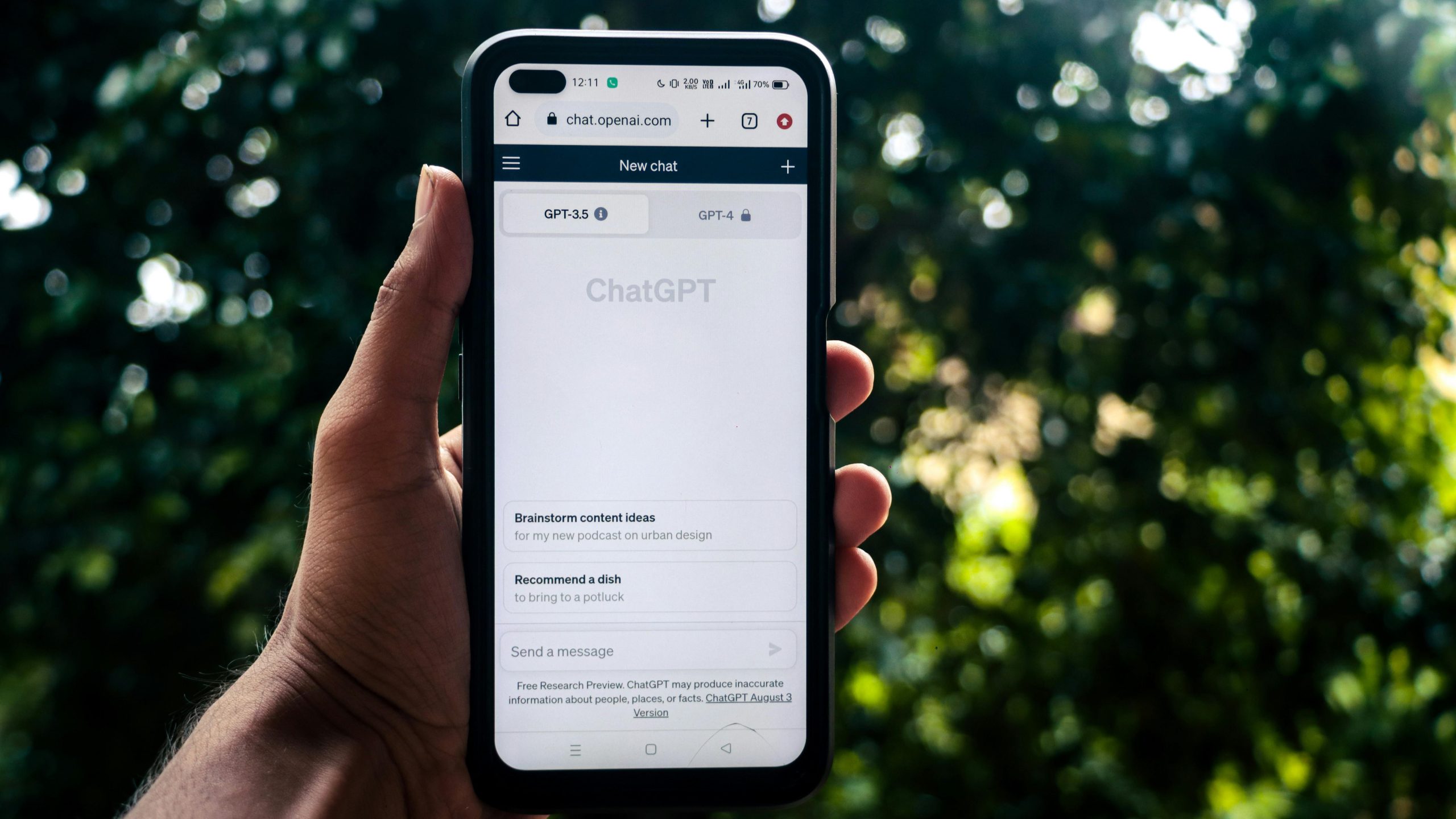
Will Artificial Intelligence Replace Specialist Editors?
Artificial intelligence (AI) is increasingly being used in academia. Many institutions now have guides for best practice and acknowledge that it can be used ethically to streamline many research processes. However, although it has many uses, its full expansion into academia appears to be a long way off.
Here, we look at how capable AI is of editing academic work in comparison to human specialist editors.
How does AI edit text?
Artificial intelligence is highly competent at certain aspects of editing. It can make accurate changes to some texts to improve grammar, phrasing, and spelling.
It does this through natural language processing techniques, which involve analysing a large number of texts and synthesising responses based upon the identified relationships between the studied words and phrases.
By analysing large volumes of text and through the use of machine learning methods, the AI editor can make sophisticated changes based on the copious amounts of data it’s trained on. In short, it makes predictions of the word that is likely to appear in a text based upon these learned patterns.
How does AI compare to specialist editors?
Whilst AI can be used to improve certain texts, it tends to be less effective for long, complicated works, such as those published in academia. Its effectiveness also depends on the level of editing required—whilst it can partially fulfil standard language editing and proofreading requirements, it is much less effective at making detailed edits and critiquing work.
Subject knowledge
Specialist editing services delivered by PhD-holding editors with expertise in the author’s field offer much more than AI.
Artificial intelligence programmes cannot currently earn a degree or specialise in any one field. Thus, the feedback they provide is generic and undetailed, and they have even been shown to be wildly incorrect in many instances. This could badly affect the integrity of the research and potentially cause the spread of misinformation.
Specialist editors, comparatively, are experts in their fields and can thus make intelligent changes. For example, they can review the strength of arguments, detect and correct misinformation, and provide detailed feedback to improve many different aspects of the article. In short, they can significantly improve a research paper due to their having an advanced degree and knowledge of the field.
Sentence construction
Additionally, the use of AI chatbots such as ChatGPT is currently relatively easy to detect. In its current iteration, ChatGPT’s writing style is very distinct in that it tends to generate unconventional phrases. Thus, heavy intervention is generally required by a human when it has been used to write or edit academic content.
Such programmes have a writing and editing style that is technically correct, but it often constructs phrases that wouldn’t be used by people when writing or speaking. By using a human editor, researchers can be confident in the quality of their prose and also avoid mistakes indicative of AI involvement.
Creativity and adaptability
As expected in academic research, there are many complex challenges associated with writing and presenting scholarly material. Human editors are much more versatile than AI, capable of offering insights on many different components of research—for example, data presentation, compliance with ethical and formatting guidelines, structure and flow, accuracy of terminology, coherence of arguments, etc.
The ability to find creative solutions to difficult problems is what ultimately sets humans apart from AI editors. Whereas AI is confined to algorithmically determining the best solution, humans can use their knowledge and past experiences to adapt to unique situations, better enhancing research and improving its impact. This focused and tailored approach to editing is something that AI still seems to be a reasonable distance from being able to do.
Could AI be used as an alternative to specialist editors?
Due to AI not yet being capable of critical thinking, it is currently deemed unsuitable as a replacement for specialist editors who can make tailored suggestions and significantly improve many aspects of academic papers.
No existing AI programmes can provide nuanced feedback and logical consistency cannot be ensured, as they are currently generalists that can provide surface-level insights on a broad range of topics. Thus, specialist editors are not currently replaceable as professional specialists in their fields, and AI should ideally only be used to streamline certain tasks during the publication process.
MDPI Author Services offers several editing services to prepare your research for publication. Our Specialist Service is our most comprehensive, providing two rounds of editing and quality control checks (one language and one specialist), a detailed report compiled by the Specialist Editor reviewing all sections and other aspects of your paper, and more.
The Author Services team is made up of highly skilled English editors who have edited over 70,000 papers, with a 97% author satisfaction rate. Our services are available to both MDPI authors and those publishing with other journals. Visit the link above to get a free quote today.











